South Africa
Ethiopia's Prime Minister Abiy Ahmed says there is “heavy foreign interference” in the continuing talks between the government and Tigray administration but remains hopeful a peace pact will be reached.
Speaking to the China Global Television Network (CGTN), Mr. Abiy said Ethiopians can solve their matters despite international pressure for a ceasefire.
“Of course, if there are lots of interventions from left and right, it’s very difficult,” Mr. Abiy said.
"Ethiopians should understand we can solve our own issues by ourselves."
He also confirmed the federal army’s capture of the Tigray towns of Shire, Axum, and Adwa last month from the rebel Tigray People's Liberation Front (TPLF).
“We are trying to convince TPLF to respect the law of the land, to respect the constitution, and to act as one state in Ethiopia,” he said.
Meanwhile, a spokeswoman for the African Union Commission chairperson Moussa Faki Mahamat on Monday said "there was no date limitation" on the talks, according to the AFP. news agency.
The negotiations, which began on 25 October in South Africa, continued on Monday although they were initially expected to end on Sunday.
Few details have been released on the content and possible progress of the talks, which are aimed at a cessation of hostilities requested by the AU and the UN.
Since the talks began, fighting has continued in Tigray, where federal Ethiopian troops have been advancing since mid-October, supported by the Eritrean army and forces and militias from the neighbouring Amhara and Afar regions.
-Deterioration
Supported by artillery and aerial bombardments, the Ethiopian army, and its allies have recently captured several major towns in the rebel region since fighting resumed on August 24.
According to the United Nations Children's Fund (UNICEF), since the resumption of hostilities, some 574,000 people in the Amhara, Afar, and Tigray regions have been displaced. For Unicef, the ongoing conflict has led to a "deteriorating humanitarian situation" in the three regions.
The war began in November 2020 when Ethiopia's prime minister, who came to power in 2018 and won the Nobel Peace Prize the following year, sent the army to Tigray to dislodge regional authorities, drawn from the TPLF, who had been challenging his authority for months and whom he accused of attacking military bases.
The TPLF dominated Ethiopia's ruling coalition for 27 years, before being gradually marginalized by Mr. Abiy when he came to power in 2018.
The toll of the conflict, marked by countless cases of abuse and largely behind closed doors, is unknown. The press has no access to northern Ethiopia and communications there operate haphazardly, making independent verification impossible.
The UN Human Rights Council on Friday "painted a very bleak picture" of the situation in the Tigray region, citing "obstruction of access to food, medicine, and basic services.
According to the World Health Organization, malaria cases in the Tigray region increased by 80% in 2022 compared to last year.
Because of fighting in the region, for the first time since the 1960s, people in Tigray do not have access to malaria preventive measures, such as prophylactic drugs, according to the WHO.
On October 26, the NGO Amnesty International deplored crimes against humanity committed "by all parties" to the conflict, with "impunity.
The war has displaced more than two million Ethiopians and plunged hundreds of thousands of people into near-starvation conditions, according to the UN.



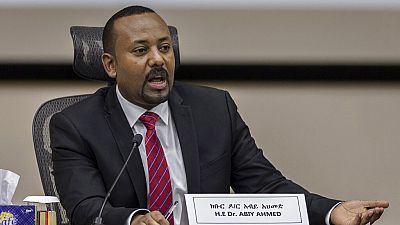

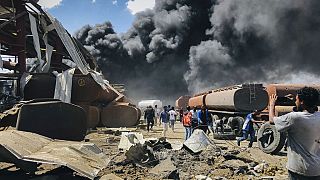
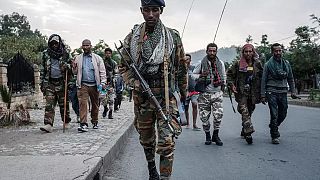
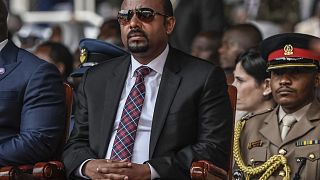
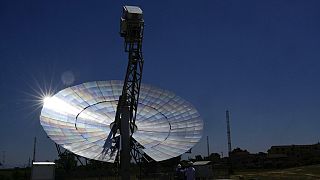
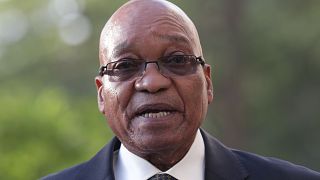
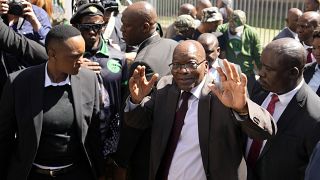
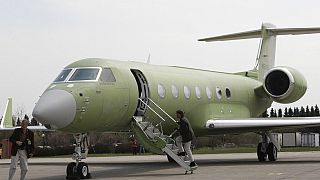
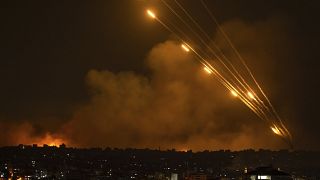

Go to video
Nigeria suspends permit of 3 private jet operators
Go to video
Senegal to host first Olympic event in Africa
Go to video
Namibia : Manhunt as ‘dangerous’ suspects escape cell
Go to video
Senegal seizes nearly 1,140kgs of cocaine
Go to video
Beijing half marathon hit by controversy as China’s He Jie allowed to win
Go to video
China’s economic growth hits 5.3%